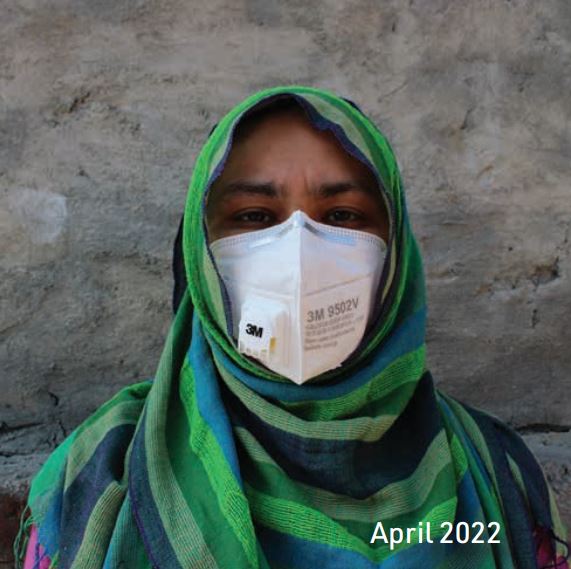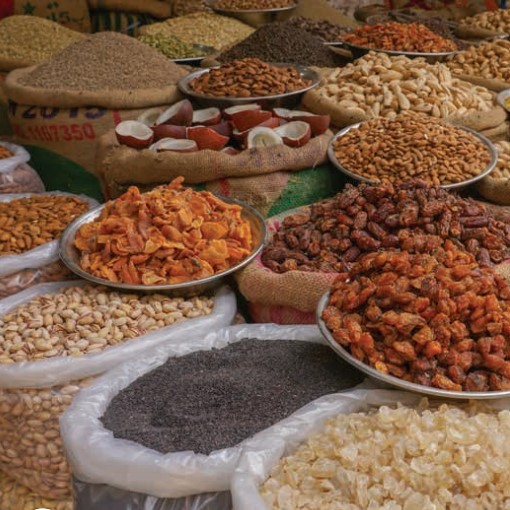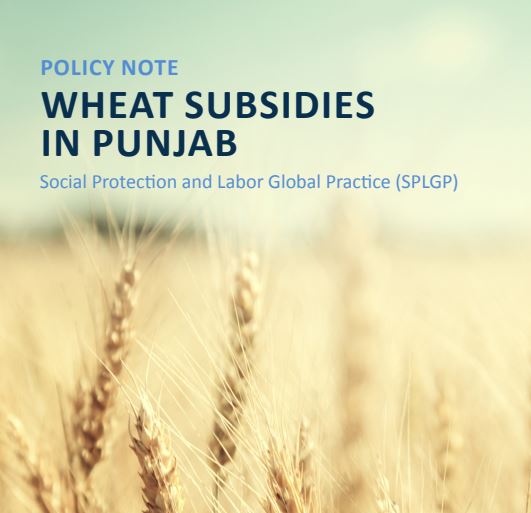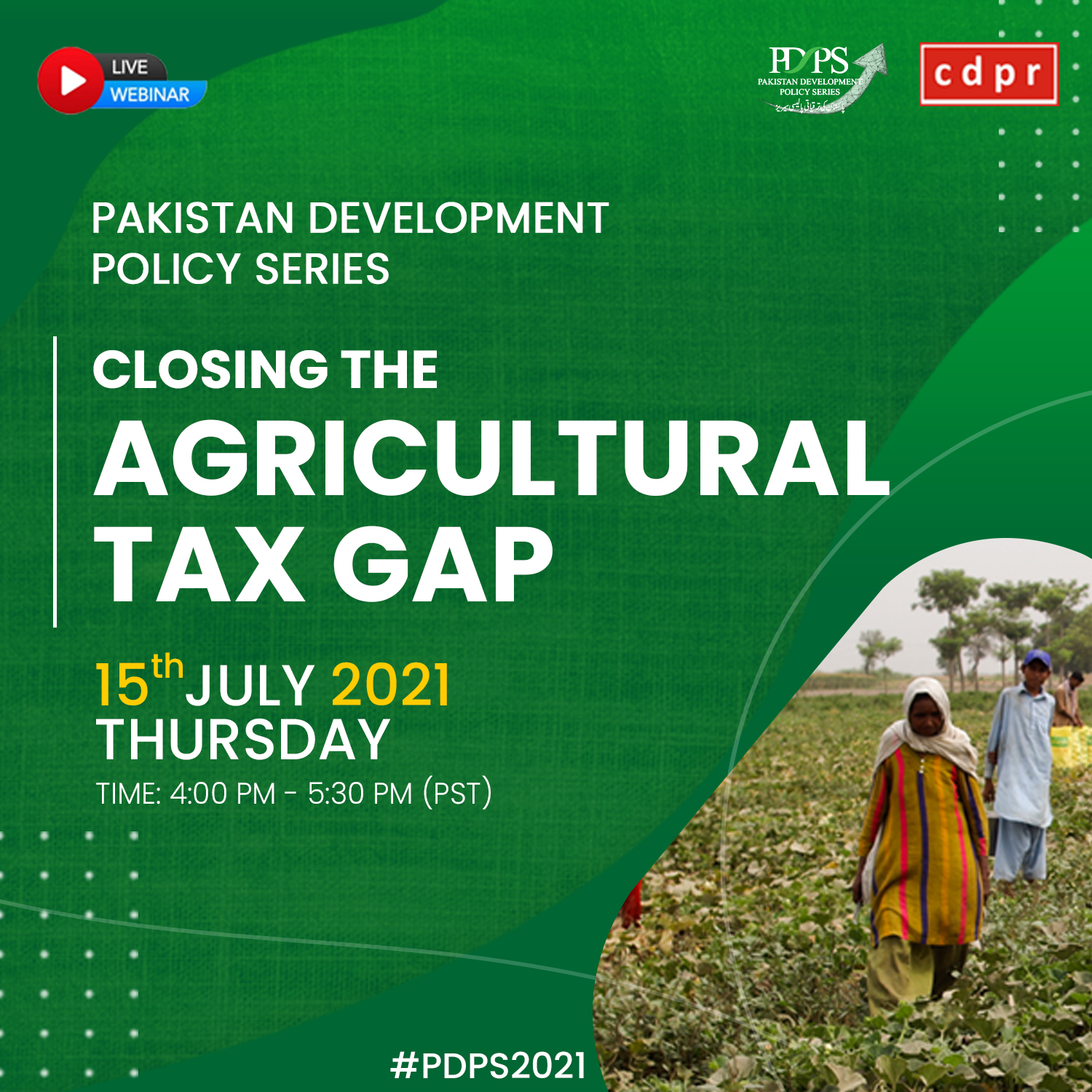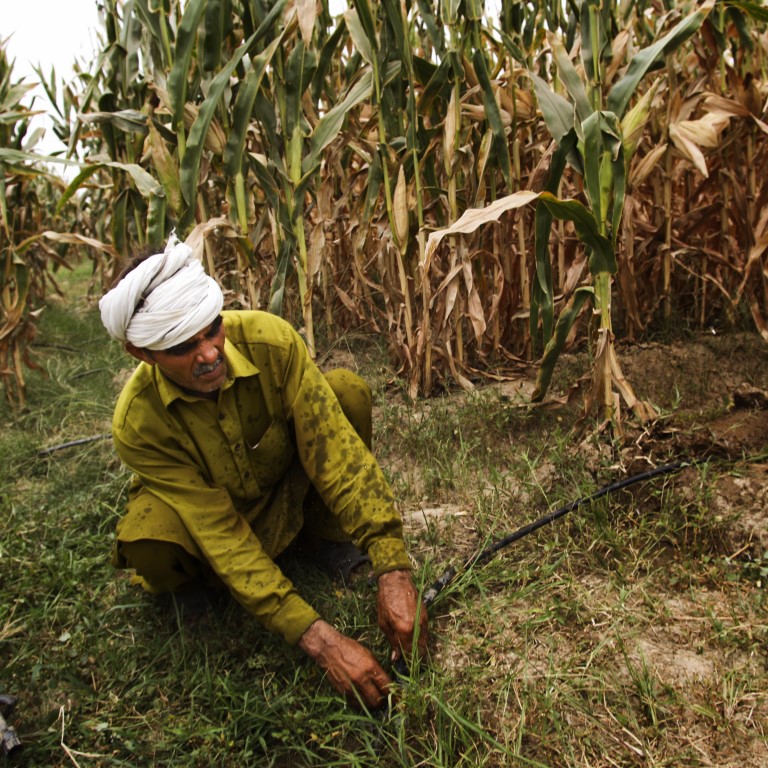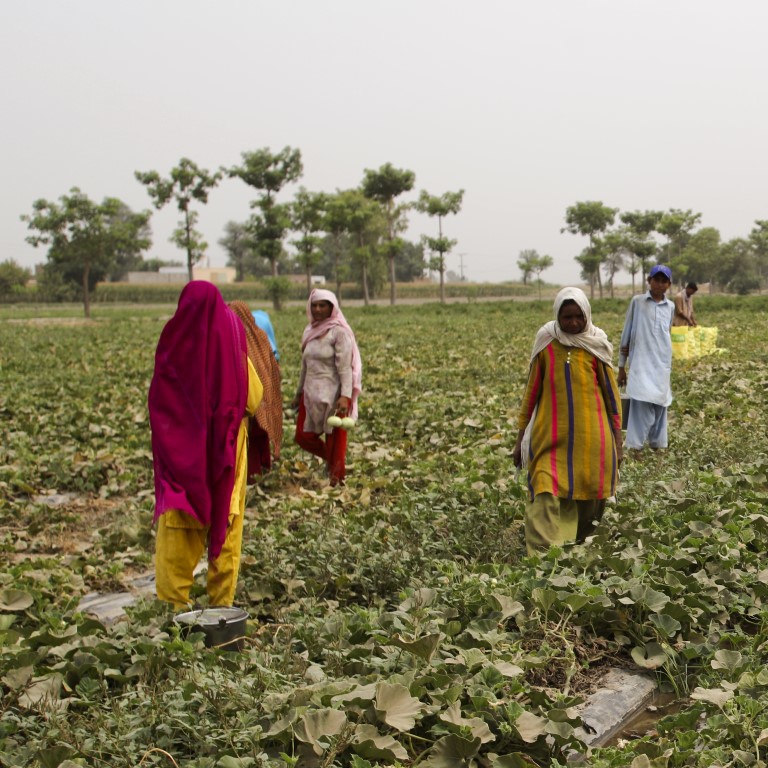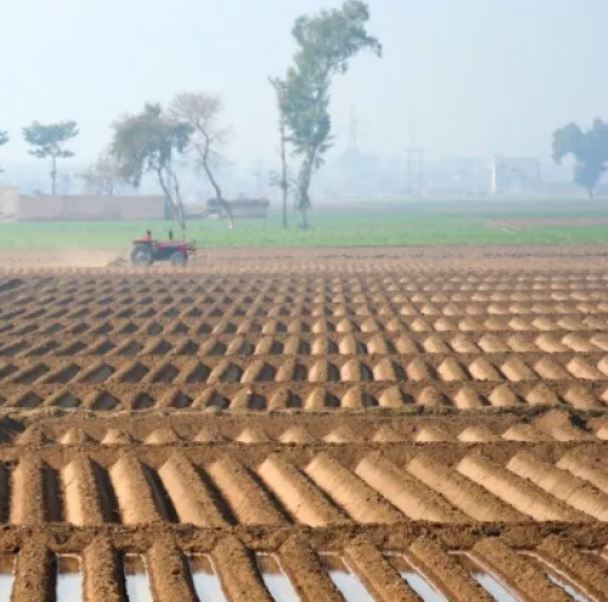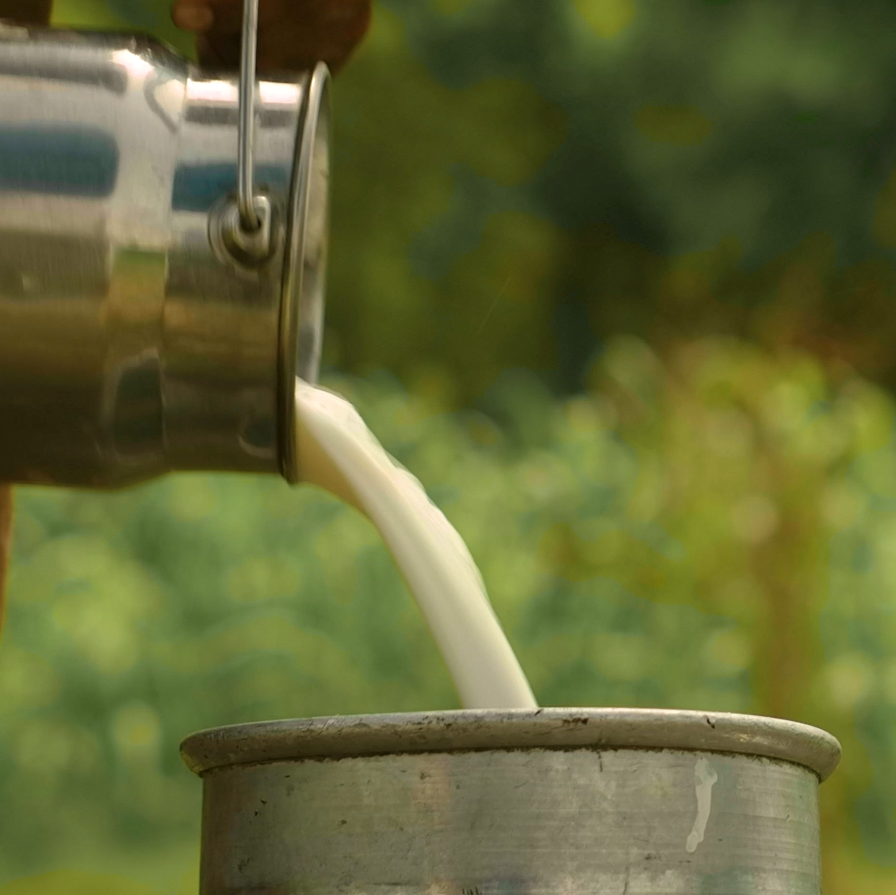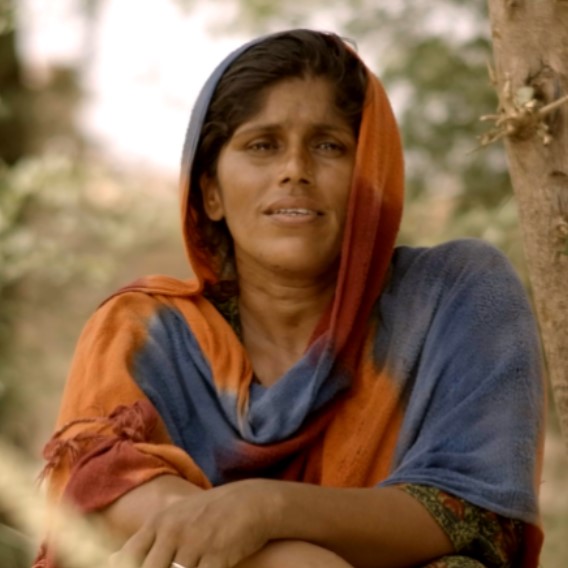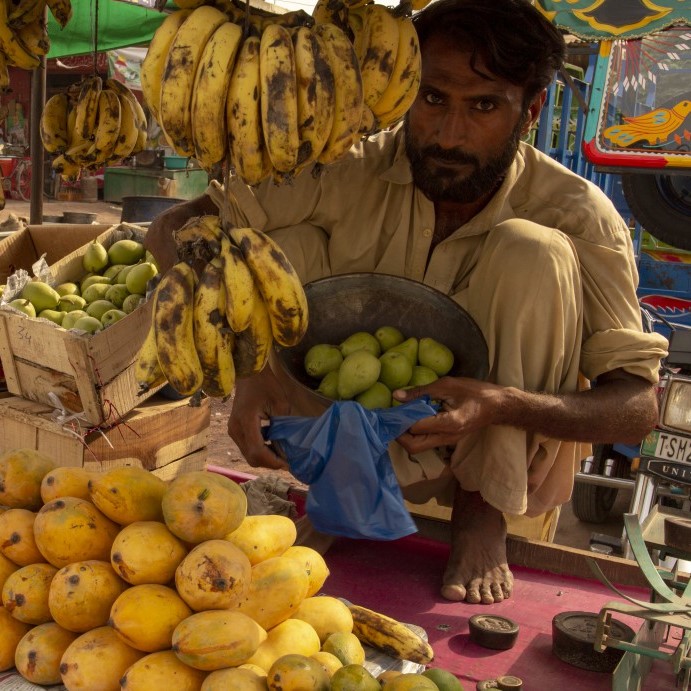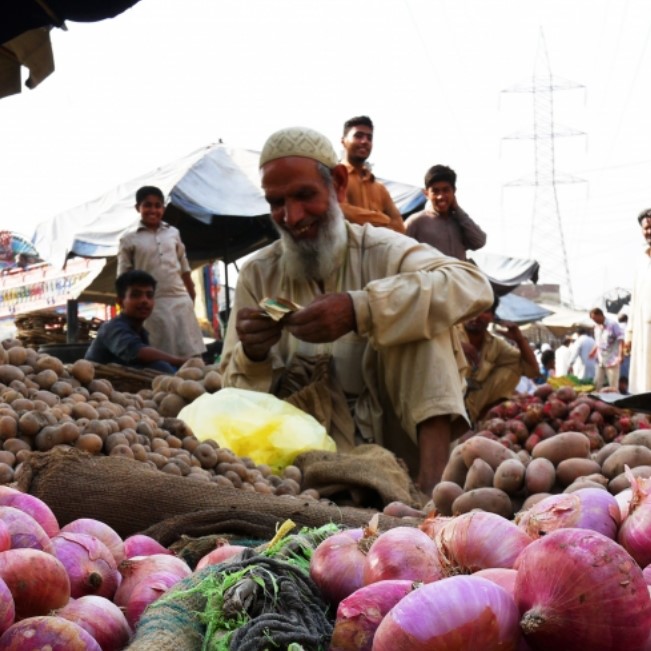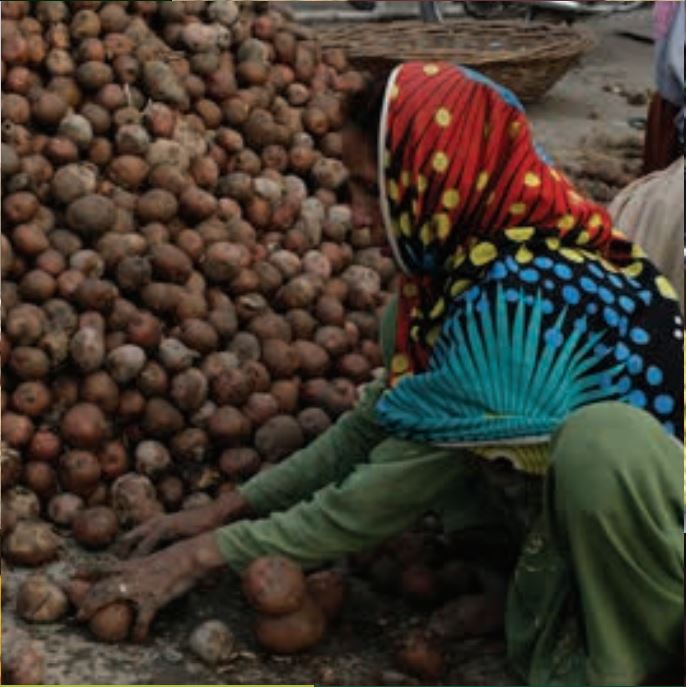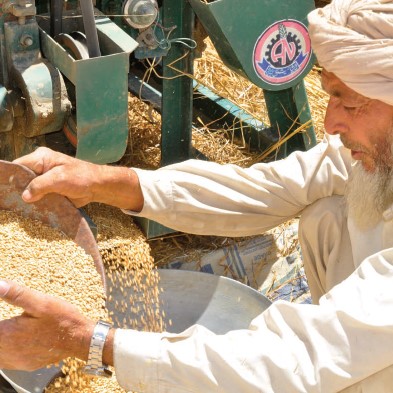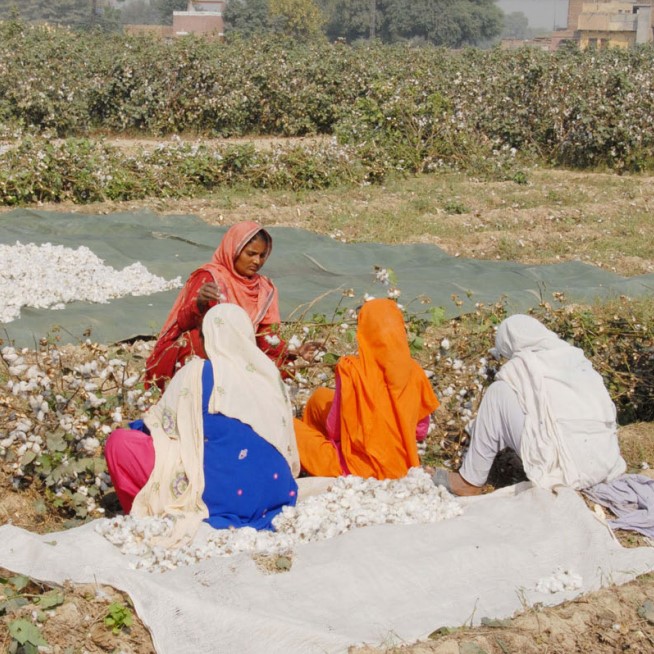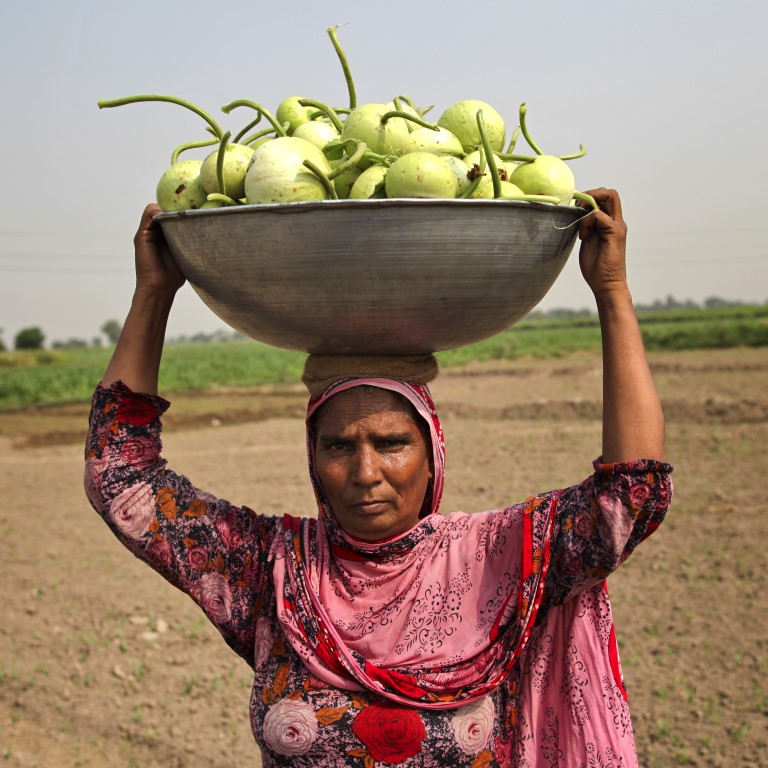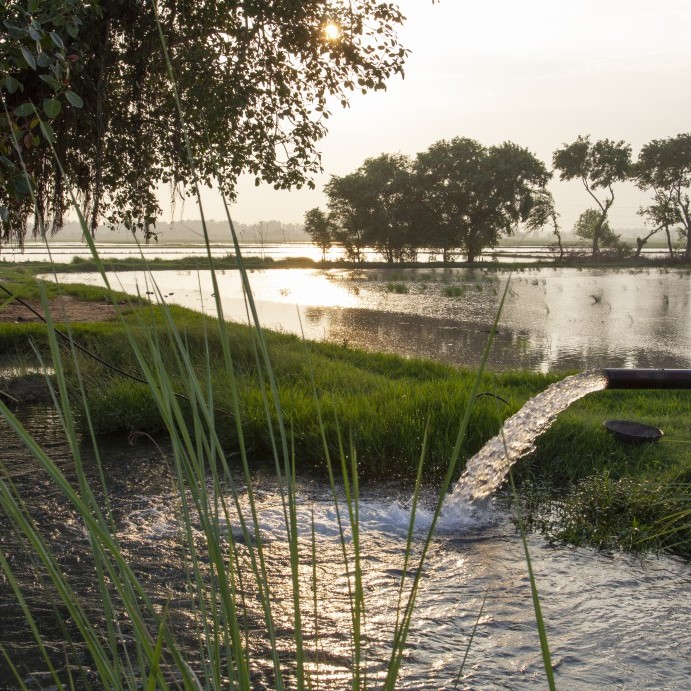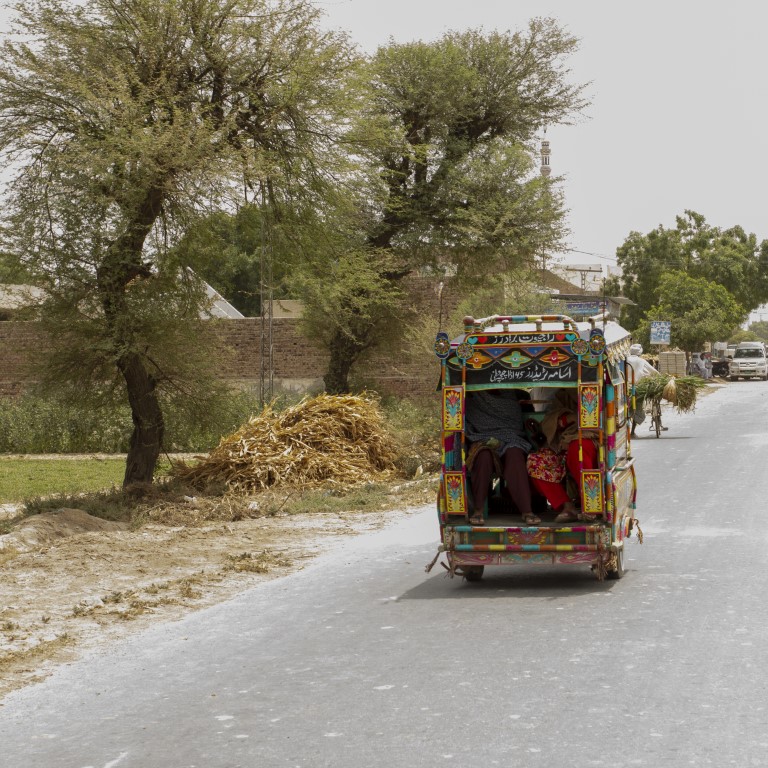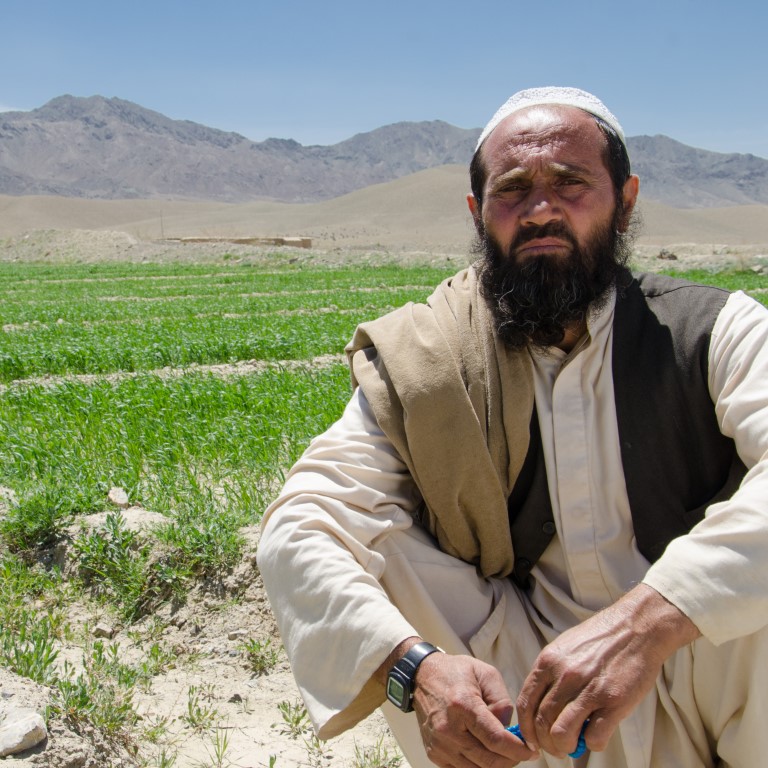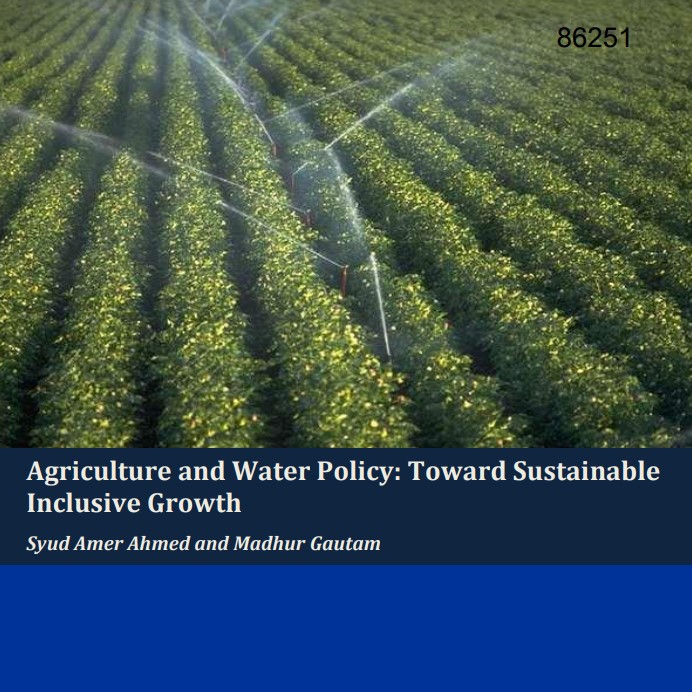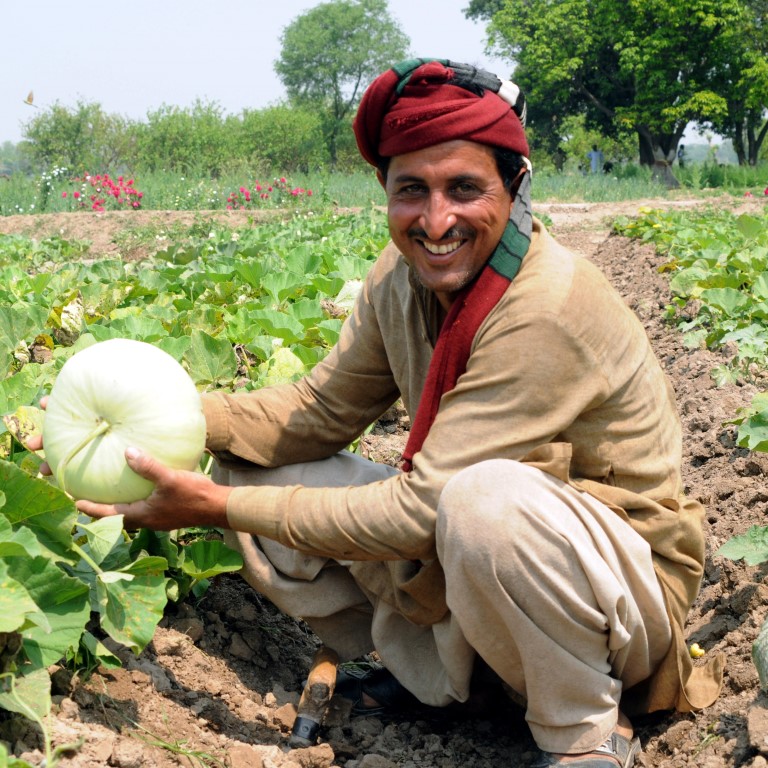Agriculture in Pakistan remains by far the biggest employer of labor and is an especially important sector from a social, livelihood and foreign exchange perspective. Pakistan’s population growth and rate of urbanization is pressurizing the agriculture sector not only to increase production, but also to respond to a changing and diversifying food consumption pattern. Despite considerable public spending with support from development partners, agriculture growth slowed down from an average of over 4% per year between 1970-2000 to below 3% thereafter. Poorly functioning agricultural markets with significant government intervention, and a pattern of public spending on agriculture characterized by inefficient and poorly targeted subsidies, discourage a move to a more water efficient, higher value agriculture.
The World Bank team has developed various analytical products to support the Government of Pakistan in transforming its agri-food system towards higher productivity and competitiveness. Under the ongoing program of Advisory Services and Analytics (ASA) more knowledge products are being produced to inform policy making, investments and dialogue among stakeholders. The topics covered range from the research that fuels agricultural productivity to the food markets that fulfill the food and nutrition demands of households.
